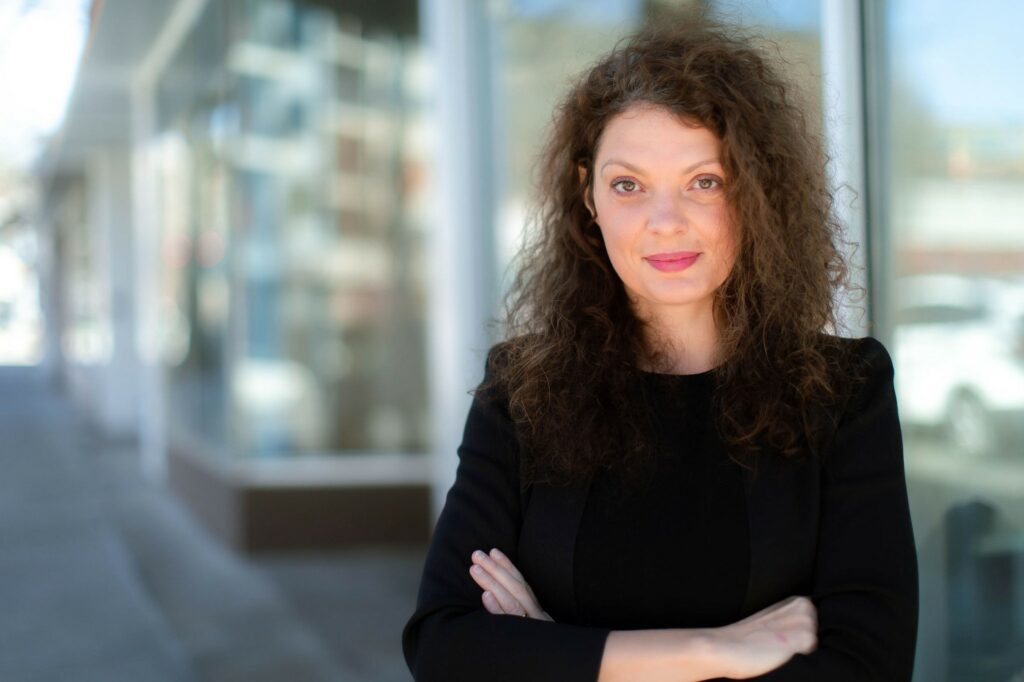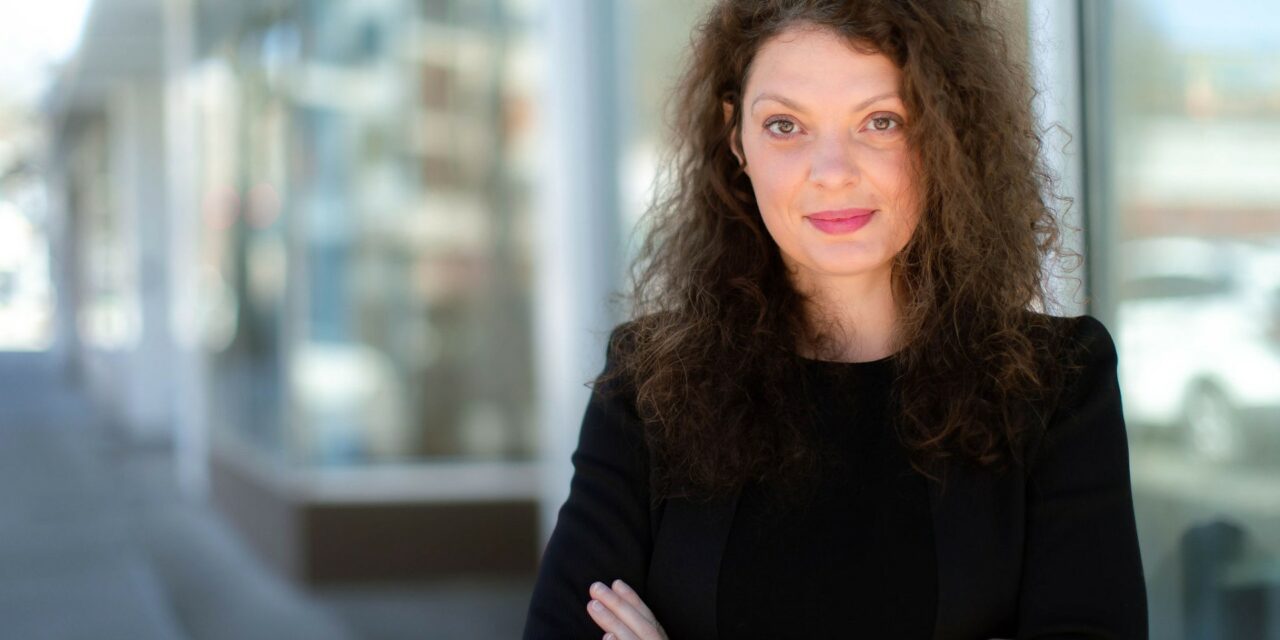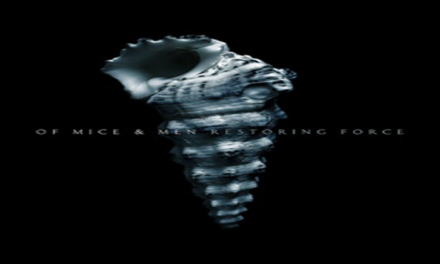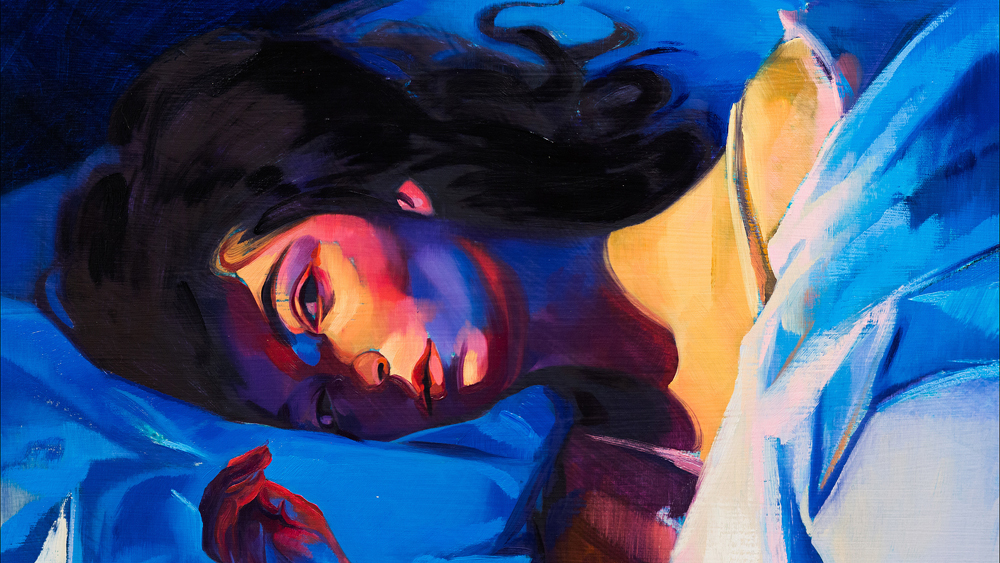
Photo Courtesy of Adriana Chira
Emory University Associate Professor of Atlantic World History Adriana Chira couldn’t hide her smile as she talked about teaching undergraduates.
“My undergraduate students are one of the biggest joys in my life, inside and outside of work,” Chira said.
Originally from Romania, Chira researches the histories of socialist countries through the lens of slavery, migration and law. In January 2024, she won First Book Prize from the Association for the Study of the Worldwide African Diaspora for her work “Patchwork Freedoms: Law, Slavery, and Race Beyond Cuba’s Plantations.” Beyond researching and publishing, Chira is devoted to extending her expertise in post-emancipation Atlantic world history by introducing a tight-knit teaching experience to Emory students. This summer, Chira will be leading a group of Emory students to Cuba for a study abroad experience trip to learn about Cuban history.
Chira explained this trip is meant to expand on the global history classes she has taught, including “History Lab: Puerto Rico” and “Land Politics in Africa & Latin America.” Chira wants to connect more students and introduce them to Cuban history with an untraditional pedagogy, prompting students to reflect on the influence of global changes on Cuba, while engaging with the geographic and economic landscape.
“This is opening up a door that would otherwise be closed to most of our students,” Chira said. “The second reason why I’m psyched about [the trip] is that there is something very unique about learning about a place while being there.”
Chira is collaborating with Professor of History Reinaldo Monzote at the University of Havana to arrange this trip. Monzote met Chira when she came to Cuba for research, and the two connected over their backgrounds in socialist — or formerly socialist, in the case of Romania — countries.
“For me, this is very important, especially in the relation between Cuba and the United States, [they] need to know each other’s experience of life,” Monzote said.
Monzote emphasized the need to connect Cuban scholars internationally, especially after the Special Period, a period of economic depression in ’90s Cuba following the dissolution of the Soviet Union. This international collaboration allows students to understand Cuban history in its changing dynamics, according to Monzote.
“[Cuba] is trying to develop a new economy with more participation of the private sector, and then you will find that change in Cuba because when people talk about socialists or communists, usually they say that everything is the same,” Monzote said. “And that’s not really practical because we’re really in the process of a very complicated change in Cuban society and the Cuban economy, with the embrace of some level of inequalities in the level of life of the people”
This isn’t Monzote’s first time organizing a trip to Cuba. From 2015 to 2020, Monzote was a visiting professor at Yale University, where he led a group of students to study in Cuba. With the financial support from Fundación Antonio Núñez Jiménez de la Naturaleza y el Hombre, Chira and Monzote are designing the academic trip with fulfilling, untraditional experiences.
When in Cuba, students will spend half of the time outside the classroom. According to Chira, students will visit local government farms involved in a sustainability and food sovereignty project, small businesses run by women and museums. The students will also talk with local LGBTQ+ activists and learn more about Afro-Cuban cultures and religions, according to Chira.
Ursula Rall (26G), who is pursuing a PhD in history at Emory, will serve as the teaching assistant on the trip. She said that these nontraditional experiences outside of the classroom attracted her to the program. The planned activities also align with her research in relation to colonial Mexican history, focusing on women of African descent and migration, mobility and space. She also pointed out the importance of learning about the diverse aspects of Cuba through interdisciplinary approaches in ethnic studies, environmental studies and gender studies.
“It’s difficult to talk about Cuba without talking about Black folks, without talking about people of African descent,” Rall said. According to Rall, Cuba’s location is also historically important, given that port cities like Havana and Santiago were “cities of movement” during the Spanish Empire.
Rall specifically expressed her excitement about connecting with the Emory undergraduate history cohort through this program.
“I’m excited to be in a new space, meet new people, learn,” Rall said.
Chira also emphasizes the opportunity the Cuba trip’s poses for students to connect their own perspective with that of others.
“I think the power of our study abroad program is not just that we learn about another place, but by being in the place, we also learn about ourselves and our limits,” Chira said.“There’s a very strong sense of self-reflectivity that kicks in when we are abroad.”
Aside from the trip to Cuba, Chira is also planning an initiative that empowers undergraduate history teaching, promoting a new interdisciplinary major called history, law and global societies.
“This will open up the opportunity for me to have more reasons to interact with students who are not currently in history but want to follow a pre-law track,” Chira said.
Through this trip and her teaching overall, Chira is committed to bringing students from the humanities departments together. At the end of our conversation, Chira offered to send materials about the places she and her students are planning to visit to share with readers of The Emory Wheel. She wishes that more students, regardless of major, will experience the humanities at Emory.
“The most important thing is that all undergraduate students, if you are committed to the humanities, you stay committed to the humanities,” Chira said. “The students who love the humanities will continue to love the humanities. And those who don’t know about the humanities, come and try us and see what happens.”
Amiee Zhao is from Shanghai, China. At the Wheel, she is Emory Life editor and a writer for multiple sections. Outside of the Wheel, she enjoys traveling and reading non-fiction. She is also involved in OxBroadway and Autism Advocacy Organization.






